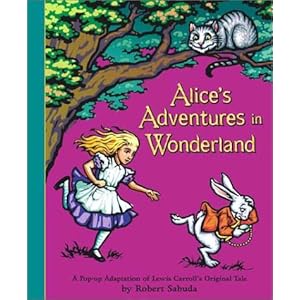Censorship is the suppression of speech or other public communication which may be considered objectionable, harmful, sensitive, or inconvenient as determined by a government, media outlet, or other controlling body. It can be done by governments and private organizations or by individuals who engage in self-censorship. It occurs in a variety of different contexts including speech, books, music, films and other arts, the press, radio, television, and the Internet for a variety of reasons including national security, to control obscenity, child pornography, and hate speech, to protect children, to promote or restrict political or religious views, to prevent slander and libel, and to protect intellectual property. It may or may not be legal. Many countries provide strong protections against censorship by law, but none of these protections are absolute and it is frequently necessary to balance conflicting rights in order to determine what can and cannot be censored.
http://en.wikipedia.org/wiki/Censorship
2. Define banned books:
Book censorship can be enacted at the national or subnational level, and can carry legal penalties for their infraction. Books may also be challenged at a local, community level. As a result, books can be removed from schools or libraries, although these bans do not extend outside of that area. Similarly, religions may issue lists of banned books – a historical example being the Roman Catholic Church's Index Librorum Prohibitorum – which do not always carry legal force
3. Insert name and pictures of five banned books.
Hunger Games, Holy Bible, Alice's Adventures in Wonderland, Animal Farm, The Diary of Anne Frank.





No comments:
Post a Comment